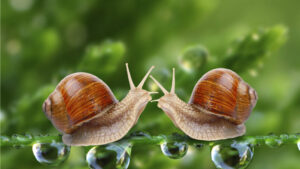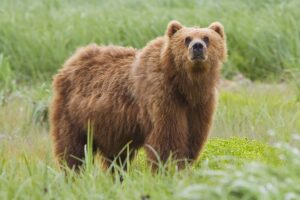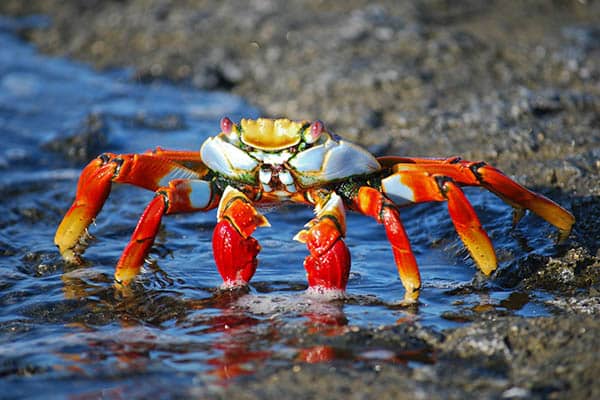
Invertebrates are fascinating animals that have no backbone. Did you know that they represent 97% of all animal species on our planet? That means there are so many different types!
The different groups of invertebrates
Invertebrates are divided into many groups. Some of the best known are insects, such as butterflies and ants; snails and octopuses, which belong to the group of molluscs; and the beautiful starfish and sea urchins, which are part of the echinoderms.
Characteristics of invertebrates
Although invertebrates have no backbone, they have other surprising features. For example, they may have legs, antennae, or even tentacles. Some have shells for protection, while others have exoskeletons, like insects.
They also come in a wide range of sizes. Some are so small that we can’t see them with the naked eye, like mites, while others, like the sea giraffe, can reach impressive lengths.
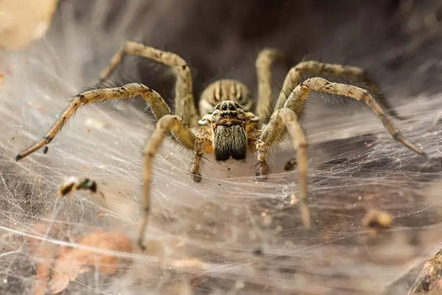
Special adaptations
Invertebrates are very good at adapting to different environments. Some can live in the water, such as jellyfish and clownfish that hide among corals. Others, such as spiders and beetles, prefer to live on land.
In addition to adapting to different habitats, they have developed special adaptations to survive. For example, chameleons can change color to camouflage themselves and protect themselves from predators. Octopuses, on the other hand, are masters of camouflage and can change the texture and color of their skin to blend in with their surroundings.
Why are invertebrates important?
Invertebrates play a crucial role in our ecosystems. They help pollinate flowers, break down organic matter and maintain balance in the food chain. Without them, the world would be a very different place!
Bees, for example, are excellent pollinators. While searching for nectar in flowers, they carry pollen from one flower to another, allowing plants to reproduce. Without bees and other pollinators, many of our favorite fruits and vegetables could not grow.
Decomposer invertebrates, such as earthworms, play an important role in the decomposition of organic matter. They help break down leaves, branches, and other plant debris, releasing nutrients into the soil and allowing plants to absorb them.
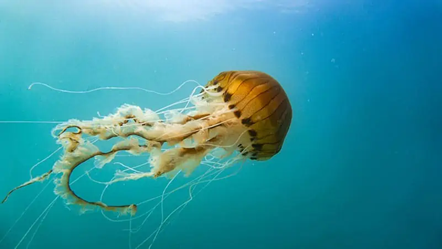
Curiosities about invertebrates
- The bee is a very important one, as it helps to pollinate plants and produce honey.
- Some invertebrates, such as chameleons and octopuses, can change color to camouflage and protect themselves.
- Spiders are excellent hunters. They weave webs to catch their prey and feed.
Explore the world of invertebrates!
If you’re interested in learning more about invertebrates, there are many ways to do it. You can visit an aquarium or zoo to see these amazing animals up close. You can also read books or watch documentaries about them. Nature is full of wonders!
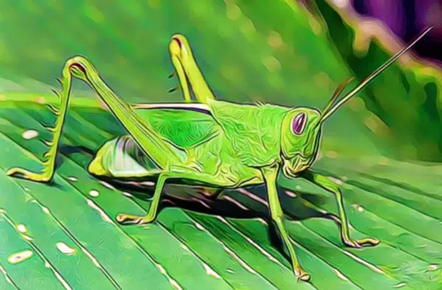
Conclusion
Invertebrates are animals without backbones that have amazing diversity. From colorful insects to graceful octopuses and underwater creatures, these beings show us the beauty and adaptability of life in all its forms. Venture into its fascinating world and discover its secrets!
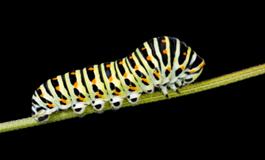
For more articles like this, click here


